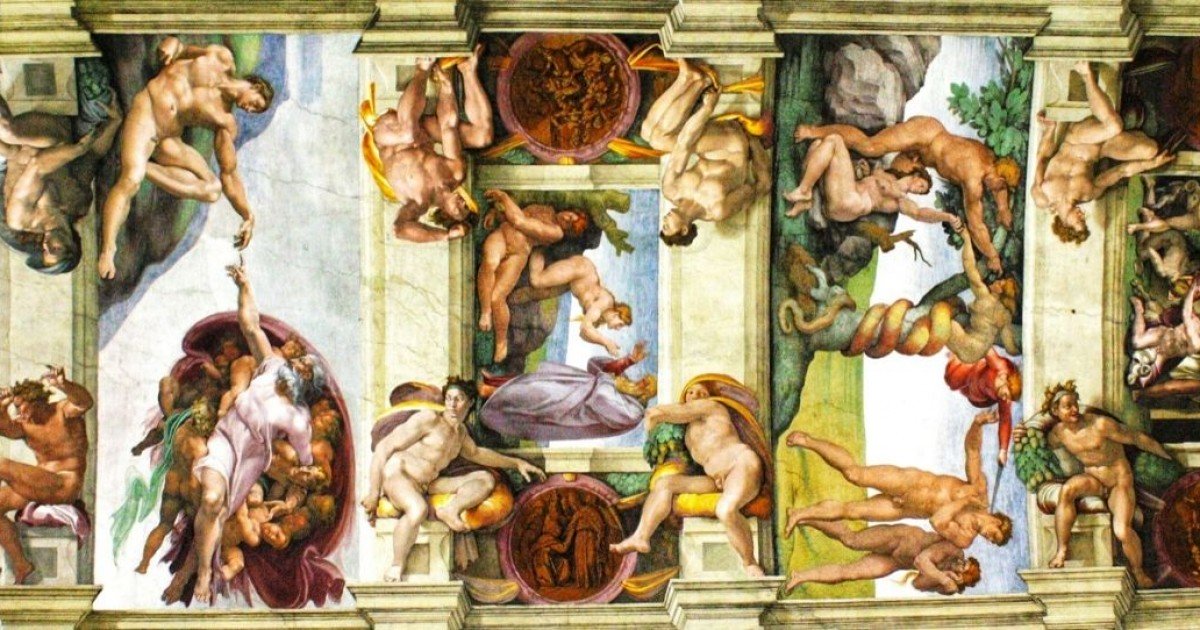There is a lot of εὐαγγέλιον (eu-ang-el-i-on: good news, gospel) in the story of blind Timaeus Bartimaios, who made his living begging just outside Jericho. I find it interesting that we know him by name, unlike almost every other person Jesus encountered as he travelled through Judea and Samaria. To me this indicates his name must have significance. Assuming that the name is Hellenized (of Greek origin) it means “Honorable, son of Honorable,” coming from the same root word as the name Timothy (One Who Honors God). If it’s a Hebrew name it could mean “Unclean, son of Unclean.” This seems pretty unlikely to me. Who names a kid Unclean?
Timaeus, while being named Honorable, doesn’t get much respect. When he hears that Jesus is passing by he begins to cry out for mercy. (In Greek the word for “cry out” sounds just like “crazy” in English but I believe this is only a coincidence.) The large crowd following Jesus tells Timaeus to shut up. Instead he doubles-down on the crying out and Jesus hears him. Now I think that the man who could notice a woman touching the hem of his garment while being jostled by a huge crowd could have heard the initial cries of Timaeus too. So the gospel here is: Keep crying out. Persistence is a prerequisite for mercy.
Once the crowd realizes that Jesus has taken notice of the blind man, they stop being mean to him and tell him, “Be courageous! Rise up! He calls you.” More gospel, this time from the mouth of the crowd.
Hearing them, Timaeus doesn’t just casually climb to his feet. He literally throws off his cloak and jumps up. Gospel again. It’s imperative to respond enthusiastically to the call. This demonstrates faith.
When Jesus heals he often says “Go, Your faith has saved you.” as he does here. Some translations like to water down the Greek verb “to save” by saying “made well.” I suppose this is for theological reasons having to do with the idea of “once saved, always saved” but the sense of the verb in Greek has nothing to do with health. Timaeus received salvation, not just his sight.
Finally when the Bible speaks about someone recovering their sight the word used is ἀναβλέπω (a-na-ble-po) which is a compound of the words for “up” and “see.” Literally it means “I look up” and it’s most often used in Classical Greek in just that way. This leads me to the final and most important point of gospel in this story:
When we see clearly, we are looking up. When we are not looking up, we are blind.



